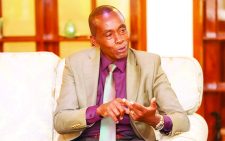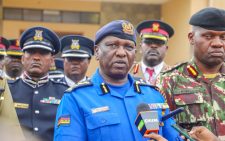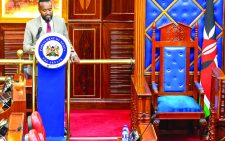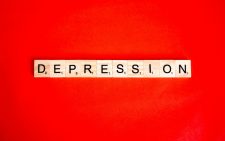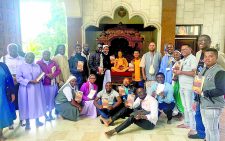Double registration: Tale of girl registered as refugee
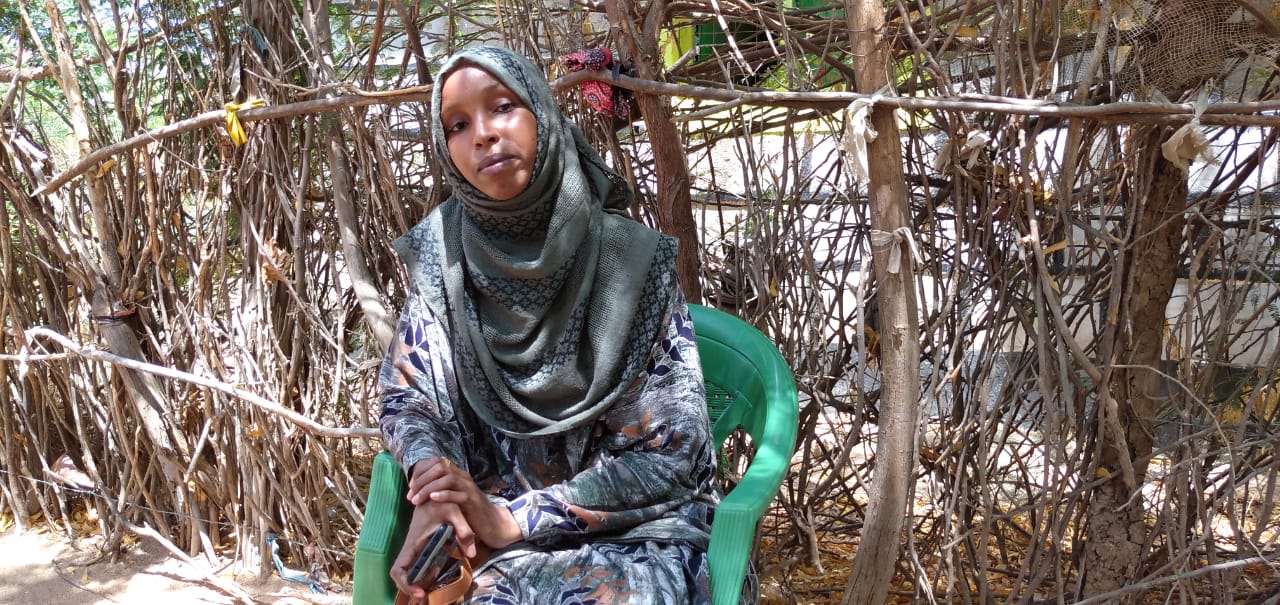
Every time the 22-year-old Anab Bille Abdullahi leaves her parent’s house in Garissa, she is always scared that might be the last time she might be seeing her family. Although Kenyan, she is yet to secure an identification card hence living like a prisoner in her own country.
Anab is a victim of double registration, her parents could not have foretold that a seemingly lie to feed and educate her daughter could have such serious implications later. Then, her family was experiencing a financial crisis forcing her parents to falsely claim to be refugees to access education and vital food aid.
“I can’t afford to walk in Garissa without an ID, you will be mistaken for a criminal or even a terrorist. I always have this fear in me, and I feel like I am living like a second class citizen in my country,” says Anab.
Anab is among the minors registered as a refugee while young.
“Now because my details appear on a biometric refugee database, I am now considered stateless in my own country. I live a life with no dignity, I feel like a prisoner yet I have not committed any crime- my freedom is restricted to my parent’s house. I was once arrested while traveling to Nairobi although I showed them my birth certificate. The officers treated me like I was a terrorist. I was not allowed passage to Nairobi, actually my parents had to come to pick me from the police station,” recalls Anab.
Without this crucial legal document, many rights and entitlements are inaccessible in Kenya. Anab’s lack of an identification card has locked her from advancing herself and subjecting her to the risk of poverty and dependence on her next of kin.
“I want to advance my education just like my peers but I cannot do that today. I am a bright young lady with a promising future that’s why I never give up. I am tired of living like a prisoner- my freedom as a Kenyan cannot go beyond my parent’s house,” she says.
“I desire to live a normal life, to feel Kenyan enough, to get proper education and healthcare. Today, I cannot access proper healthcare since I do not have NHIF, when I am ill I have to cough up lots of money since I can’t use a Nhif card. It is a terrible life I am living, I wouldn’t wish it on anyone,” laments Anab.
It is no different for Adan Mire Duble whose life has been defined by his lack of identification card because of double registration. It has been 6 years since he reached 18 years and he hopes that he will be recognized as a Kenyan soon.
His parents were not capable of taking care of their huge family and just like many families in their situation they decided to go live in the camp as refugees. “My family only stayed in the camp for one year, but I continued with my education there. We are 10 in our family and if my parents were informed enough to know the repercussions of their decision they wouldn’t have done it. Today 6 members of my family do not have an identification card, we are experiencing a crisis,” says Duble.
“I have applied two times in 2017 and 2019 all have failed, but with the ongoing de-registration, I am hopeful. I was pursuing accounting but I quit because I felt it would be of no use to me, but my friends advised me to go back to school, today I am doing ECD. I hope I will get a job once I am de-register,” adds Duble.
According to Khasida Abdullahi, Program Officer Haki na Sheria Initiative the victims of double registration risk being stateless since they are not recognized by the Kenyan government.
She notes individuals without identification cards experience tremendous challenges, they range from taking formal employment and registering a cell phone SIM card to opening a bank account and even entering government and business offices.
“These people are silently suffering. They cannot enjoy your rights as a citizen, your freedom of movement is restricted, you cannot even register your small business or even access healthcare. The list is endless,” She says.
She says they are yet to see the de-registration attempts by the government work leaving an estimate of 40,000 individuals trapped in legal limbo “The government offered an amnesty in 2016, there was vetting but until now they are yet to get the card. In 2019 a task force was formed by the government and they launched the de-registration process. Over 14,000 residents were vetted until these individuals do not know what will happen next.” she explains.




